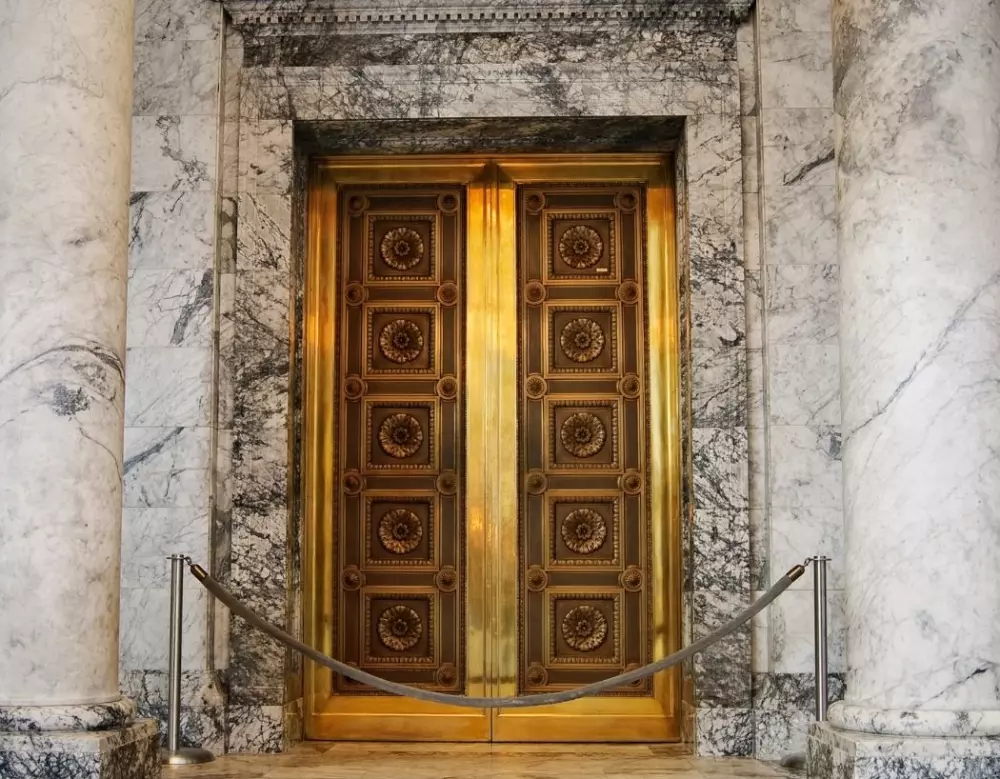On Friday, December 4, the House of Representatives voted in favor of the Marijuana Opportunity Reinvestment and Expungement (MORE) Act, which would make cannabis legal at the federal level. It would also work to repair the social and personal harms caused by federal marijuana enforcement.
The bill passed with a vote of 228-164, with several Republicans on board. Although the MORE Act is not expected to come up in the Senate this year, and most likely won’t in the next session of Congress either, its passage marks a monumental step in marijuana policy.
With this historic vote, it is the first time since marijuana was made federally illegal that either chamber of Congress has held a floor vote on — or approved — a bill to make weed legal again.
“The symbolic and historical importance of the MORE Act passing in the House cannot be overstated,” said Aaron Smith, co-founder and chief executive officer of the National Cannabis Industry Association. “This vote stands as a rebuke of failed and harmful prohibition policies, and represents a growing understanding of their racially and economically disparate impacts. Americans are increasingly ready to see cannabis legal for adults and sensibly regulated, which they showed through their representatives today and at the ballot box last month.”
A recent Gallup poll showed a record 68% of Americans support making cannabis legal. On Election Day, voters in Arizona, Montana, and New Jersey approved measures to legalize adult-use cannabis, and Mississippians overwhelmingly approved a medical cannabis referendum. Voters in South Dakota passed both adult-use and medical cannabis initiatives.
The MORE Act, sponsored by House Judiciary Chairman Jerrold Nadler (D-NY) and 120 cosponsors, would make cannabis federally legal by removing it from the Controlled Substances Act, and would erase nonviolent federal marijuana criminal records. It would provide money for states to scrub marijuana criminal records, and create grant programs to assist those affected following the Controlled Substances Act becoming law under Nixon 1970. Funding would come from a tax on state-legal cannabis commerce.
The MORE Act would also allow the Small Business Administration to provide loans and grants to cannabis-related businesses and support state and local equity licensing programs. It would permit doctors working with Veterans Affairs to recommend medical cannabis to patients, and prevent discrimination based on cannabis consumption during immigration proceedings.
We’re keeping an eye on this story and will continue to update Urban Aroma readers.
